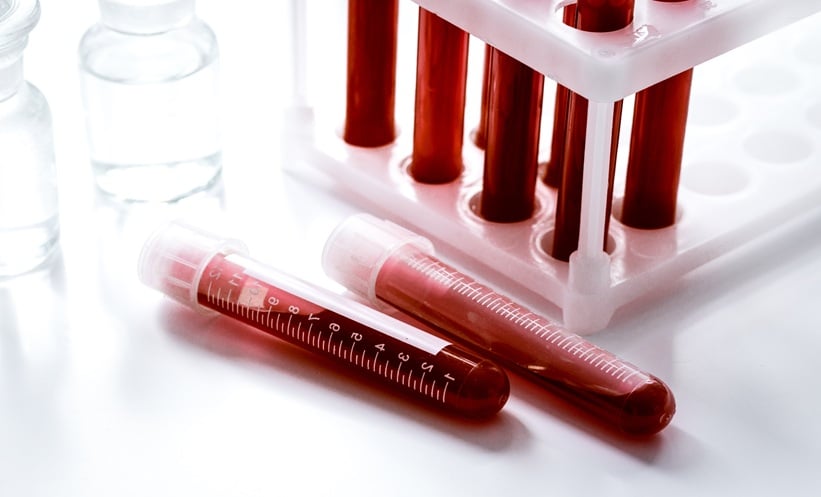A LARGE new study has spotlighted a potential new tool in the fight against gastrointestinal (GI) cancers: the platelet-to-high-density lipoprotein ratio (PHR). The research suggests that this simple blood test marker could offer a cost-effective way to identify individuals at higher risk of GI cancers, including stomach, colorectal, and oesophageal cancers.
Researchers analysed data from 19,388 participants in the U.S. National Health and Nutrition Examination Survey (NHANES) spanning 2010 to 2018. Among them, 230 individuals had been diagnosed with GI cancers. The study found that people with the highest PHR levels were more than three times as likely to have GI cancer compared with those with the lowest levels (adjusted OR 3.09; 95% CI: 2.16–4.43).
Importantly, the researchers noted a clear dose-response relationship, meaning the risk increased steadily as PHR rose, with two key thresholds identified at PHR values of 3.2 and 4.5. The association was even stronger in older adults, men, and individuals with obesity.
PHR integrates information about systemic inflammation (via platelet counts) and lipid metabolism (through HDL cholesterol levels), both of which are believed to play a role in cancer development.
“These findings position PHR as a practical, low-cost biomarker that could be integrated into existing screening programs to better identify people at high risk of GI cancers,” the study authors concluded. However, they also cautioned that further longitudinal and mechanistic studies are needed to confirm the relationship and better understand how PHR contributes to cancer risk.
As researchers continue to explore affordable ways to enhance early cancer detection, PHR could become an important addition to the precision medicine toolkit, particularly in resource-limited settings.
Aleksandra Zurowska, EMJ
Reference
Tong Y, Lou X. Platelet-to-high-density lipoprotein ratio (PHR) as a predictive biomarker for gastrointestinal cancers: evidence from NHANES. BMC Gastroenterol. 2025;DOI: 10.1186/s12876-025-03860-9.








